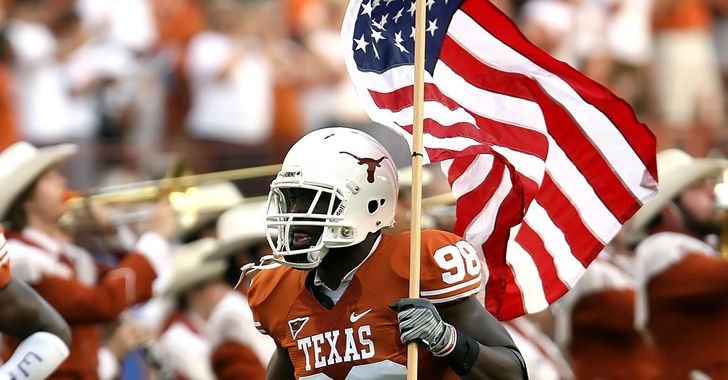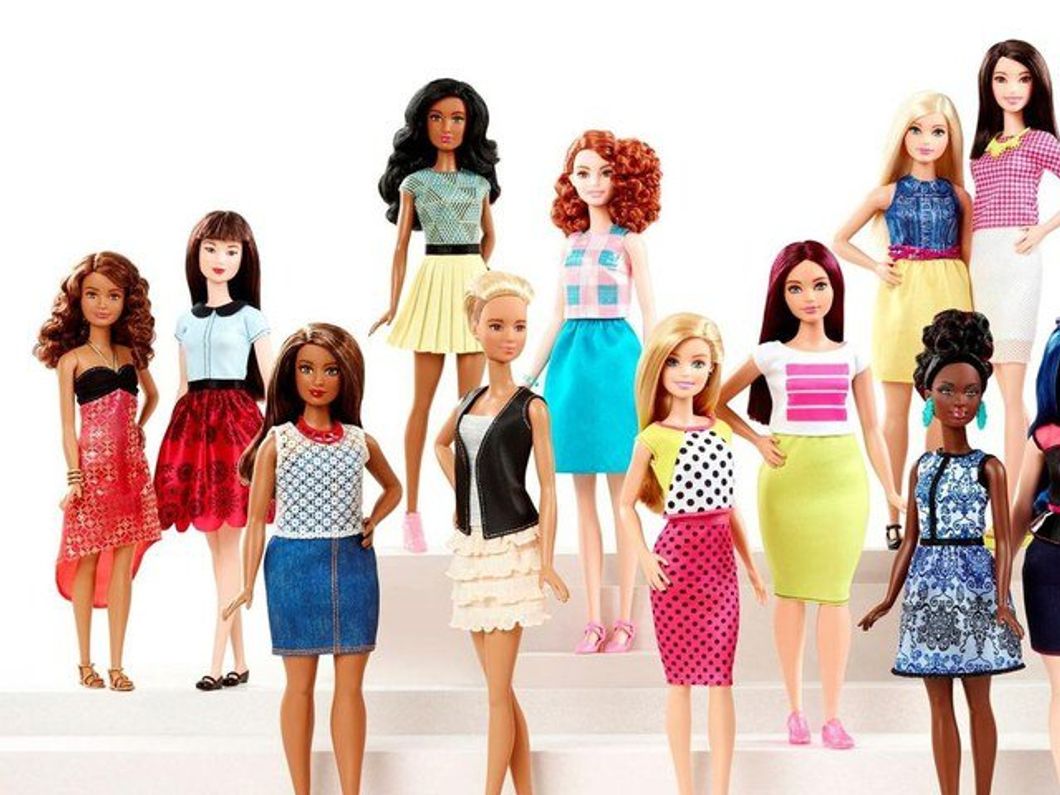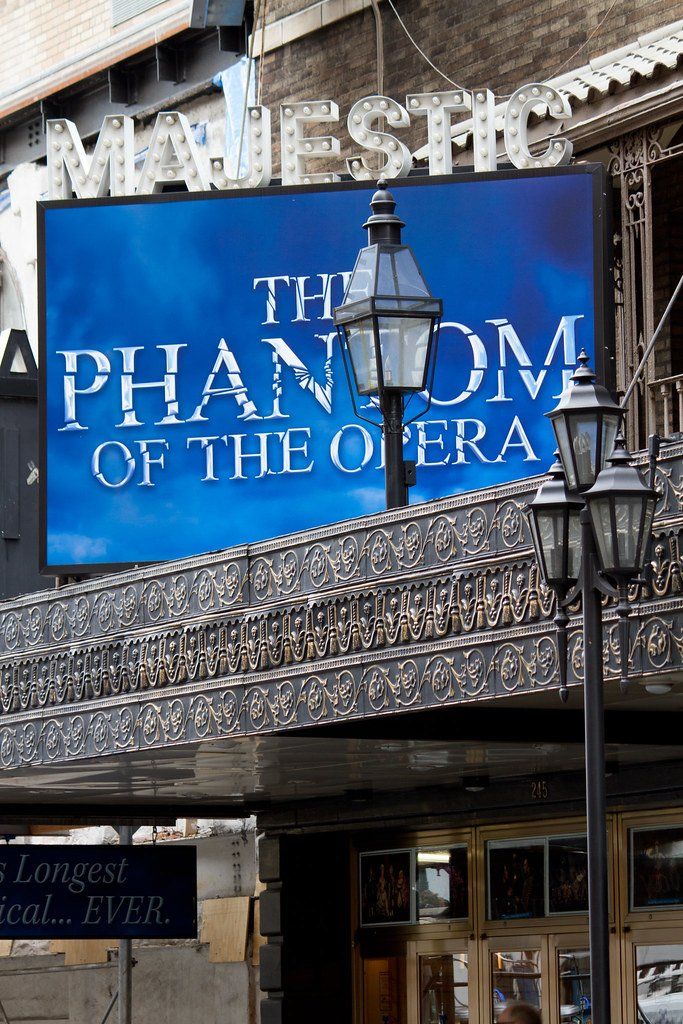Kirsten Gillibrand made headlines this week with her plan to clean up elections. The plan, which she calls the "Clean Elections Plan" includes giving every voter $600 to donate to federal candidates running for office. However, there are strings attached to the proposal. Voters would be able to register for $100 in primary elections and $100 in general elections. Each person who registers would also receive $200 for House, Senate, and presidential candidates, totaling to the $600 mentioned earlier.
The money could only go to candidates in the donor's state. For example, if you live in Nebraska, you can only donate to campaigns in Nebraska. However, you can donate to campaigns in other congressional districts. If you live in the 1st congressional district, you can donate to the 6th congressional district, as long as it is still in the state you reside in.
In order for candidates to receive "Democracy Dollars" candidates could only receive donations of up to $200 or less. A big drop from the current $2,800 campaigns can receive from one donor. Gillibrand believes that this would force candidates to campaign in more local areas. "They would campaign in all communities," Gillibrand said. "They would be going to low-income communities, they would be going to rural communities, they would be asking people to support them not only with a vote, but with (financial) support for their campaign." Candidates would also have to opt-in to the program. If they do not, they cannot receive the money from the federal voucher program.
The congresswoman-turned-senator-turned-presidential-candidate is running on a platform of government transparency. On Gillibrand's campaign website, it says, "Wealthy special interests and their lobbyists have outsized influence over our laws because they can pour unlimited amounts of sometimes-secret money into passing their agenda and bankrolling their allies' campaigns."
Gillibrand's proposal is based off of a rather successful plan in Seattle. In the Seattle City Council elections in 2013, small-dollar donations, under $250, accounted for 48% of the money donated to candidates. After the proposal passed in 2017, small-dollar donations accounted for 87% of the money donated to candidates.
Gillibrand's plan could work, however, it could cost the federal government a lot of money. The Senator refused to accept donations from corporate PACs in her last election and is doing the same for her presidential campaign. If she gets elected, "Democracy Dollars" could show up on your doorstep.
- Hate campaign spending? Kirsten Gillibrand's 'democracy dollars ... ›
- Gillibrand: Democracy Dollars 'Democratize Democracy' ›
- Gillibrand Proposes Giving Every Voter $600 To Donate to Campaigns ›
- Kirsten Gillibrand rolls out 'Democracy Dollars' plan to reduce ... ›
- Gillibrand proposes giving voters $200 'Democracy Dollars' for ... ›
- Gillibrand proposes public campaign financing plan - POLITICO ›
- 'Democracy Dollars': Gillibrand's plan to give every voter $600 to ... ›
- 2020 election: Kirsten Gillibrand's plan to get more small donors into ... ›
- Gillibrand proposes giving 'Democracy Dollars' to voters to donate to ... ›





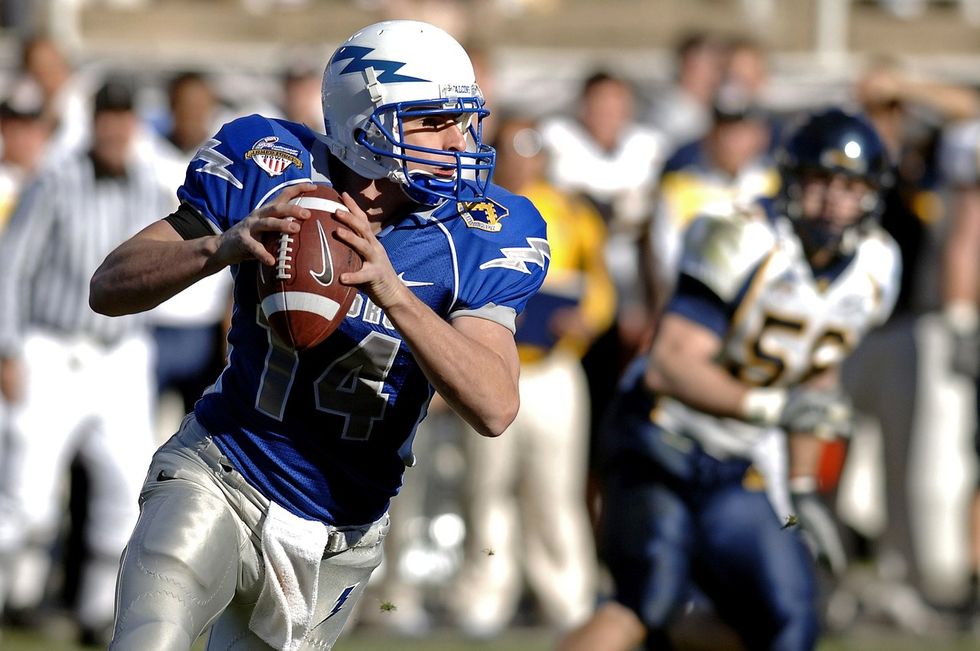
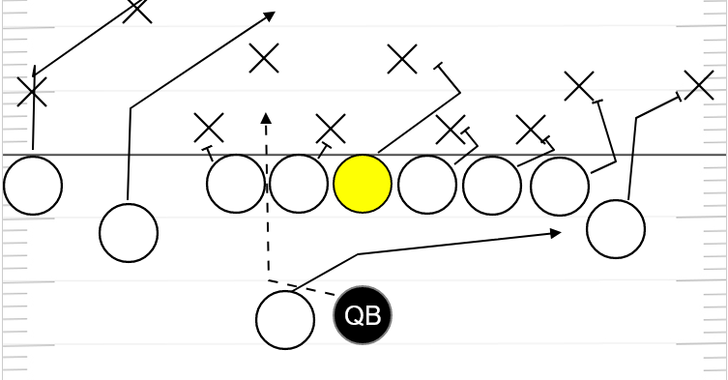
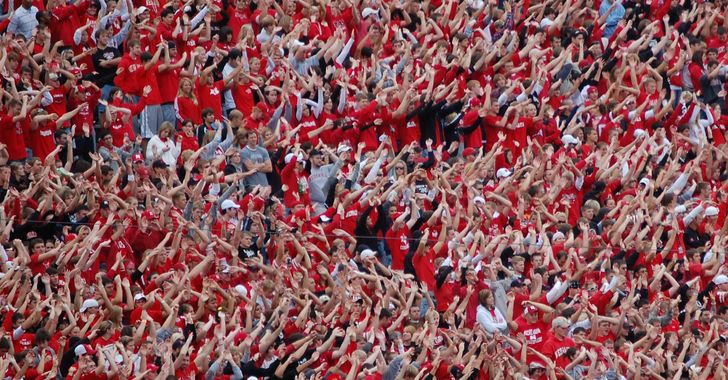
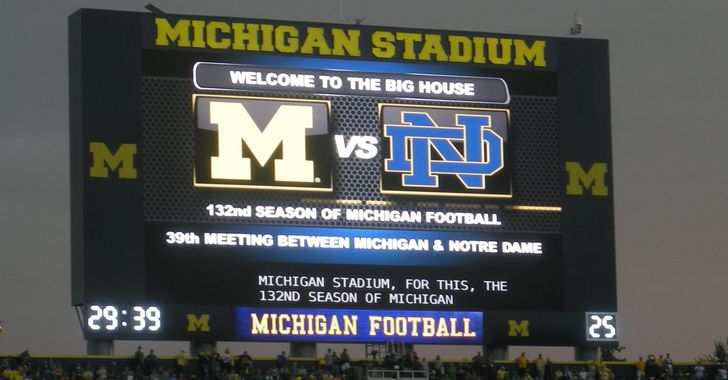
 Photo by
Photo by 